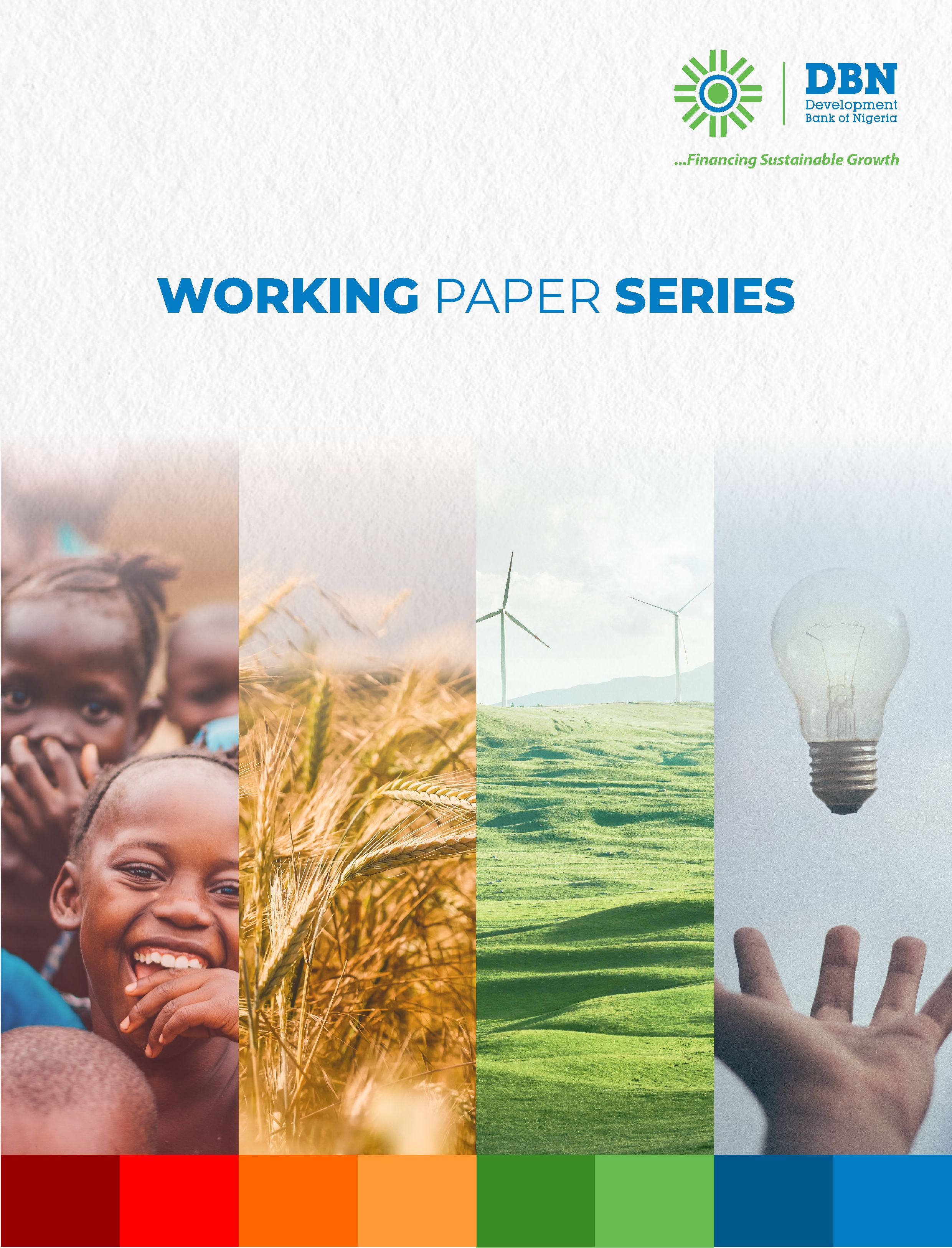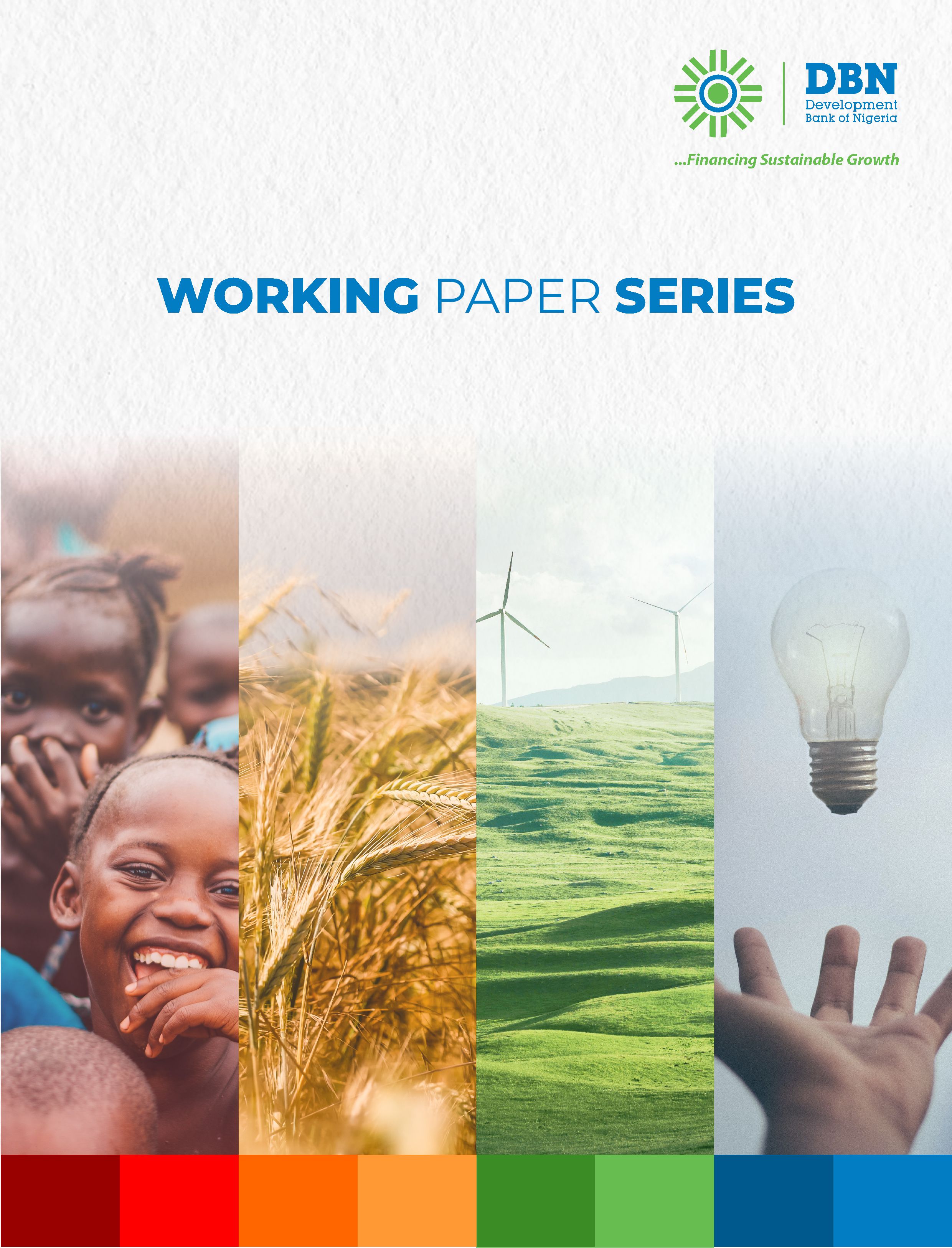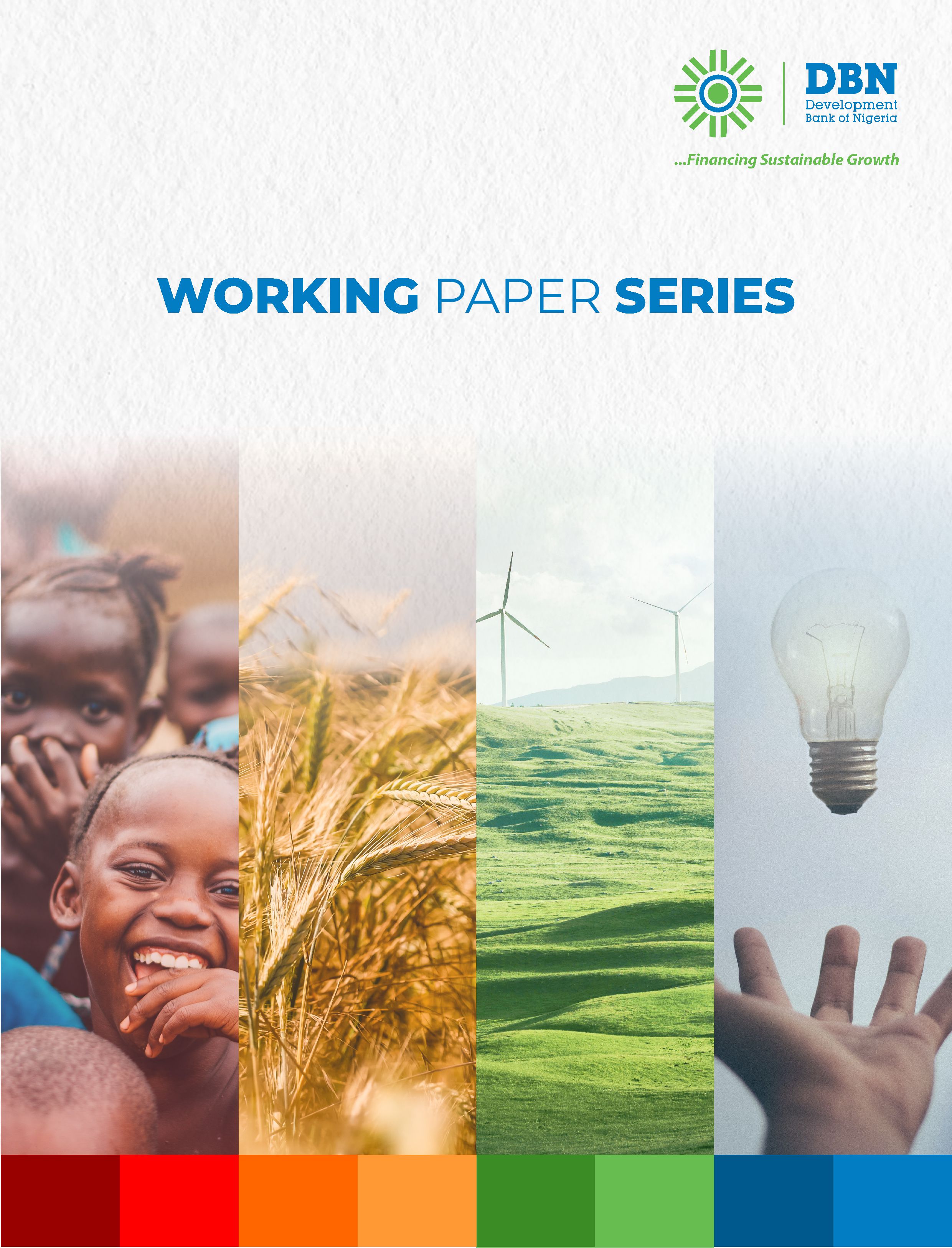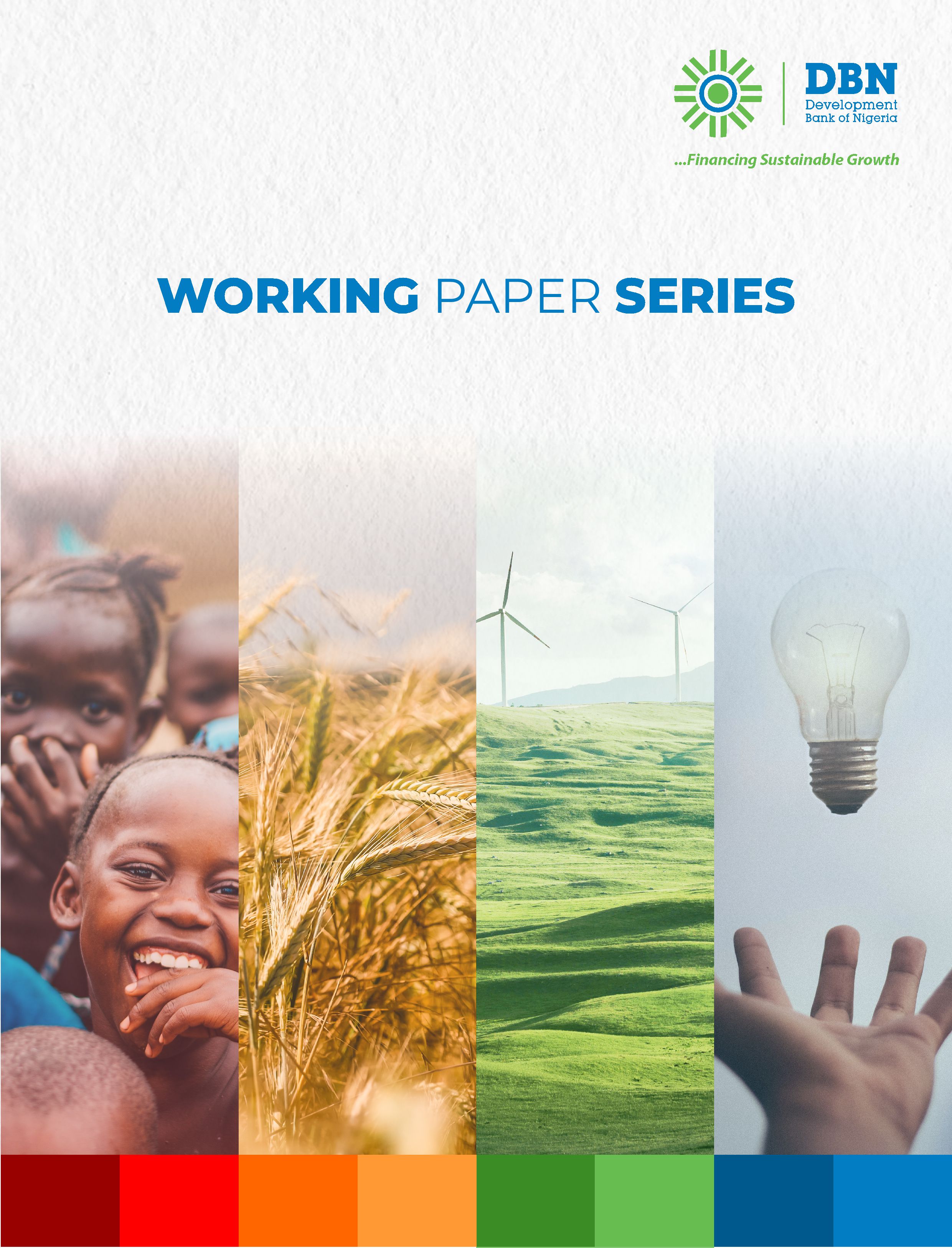
Publication Information
Published by: Admin
Published: 2 years ago
View: 254
Pages: 31
ISBN:
Abstract
Despite the global resolves to curtail fossil fuel consumption in favour of clean energies, several countries continue to rely on carbon-intensive sources in meeting their energy demands. Financial constraints and limited knowledge with regard to green energy sources constitute major setbacks to the energy transition process. This study therefore examines the effects of financial development and human capital on energy consumption. The empirical analysis is based on the System Generalised Method of Moments (SGMM) for a panel of 134 countries from 1996-2019. The SGMM estimates conducted on the basis of three measures of energy consumption, notably fossil fuel, renewable energy as well as total energy consumption, provide divergent results. While financial development significantly reduces fossil fuel consumption, its effect is positive though non-significant with regard to renewable energy consumption. Conversely, financial development has a positive and significant effect on total energy consumption. Moreover, the results reveal that human capital development has an enhancing though non-significant effect on the energy transition process. Additionally, the results reveal that resource rents have an enhancing effect on the energy transition process. However, when natural resources rents are disaggregated into various components (oil, coal, mineral, natural gas, and forest rents), the effects on energy transition are divergent. Although our findings are consistent when the global panel is split into developed and developing economies, the results are divergent across geographical regions. Contingent on these findings, actionable policy implications are discussed.
Simplice A. Asongu Prof
Elvis Dze Achuo Mr
Pilag B. C. Kakeu
Related Publications


VOLUME 6 ISSUE 2 2023
FINTECHS AND THE FINANCIAL INCLUSION GENDER GAP IN SUB-SAHARAN AFRICAN COUNTRIES

